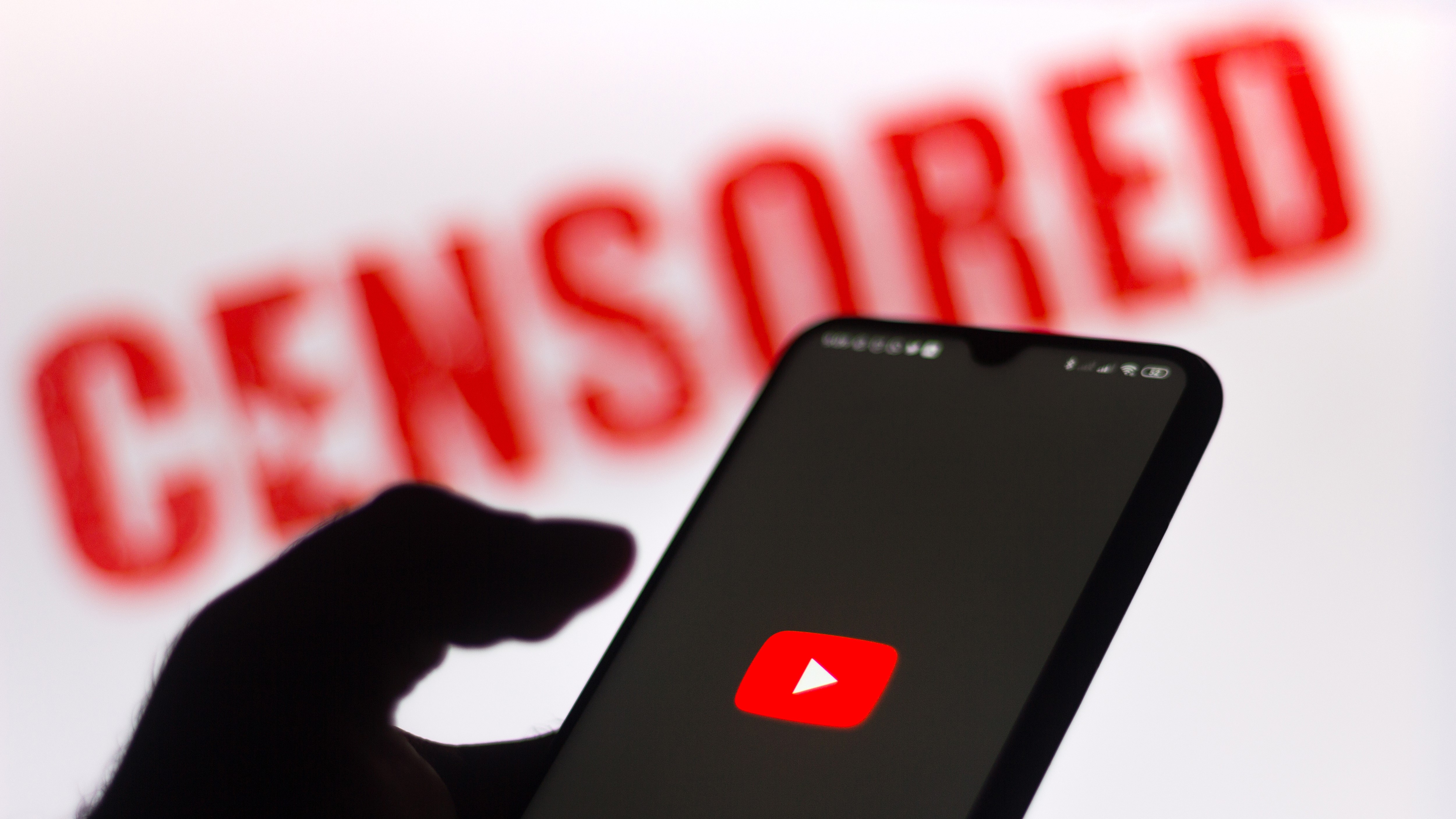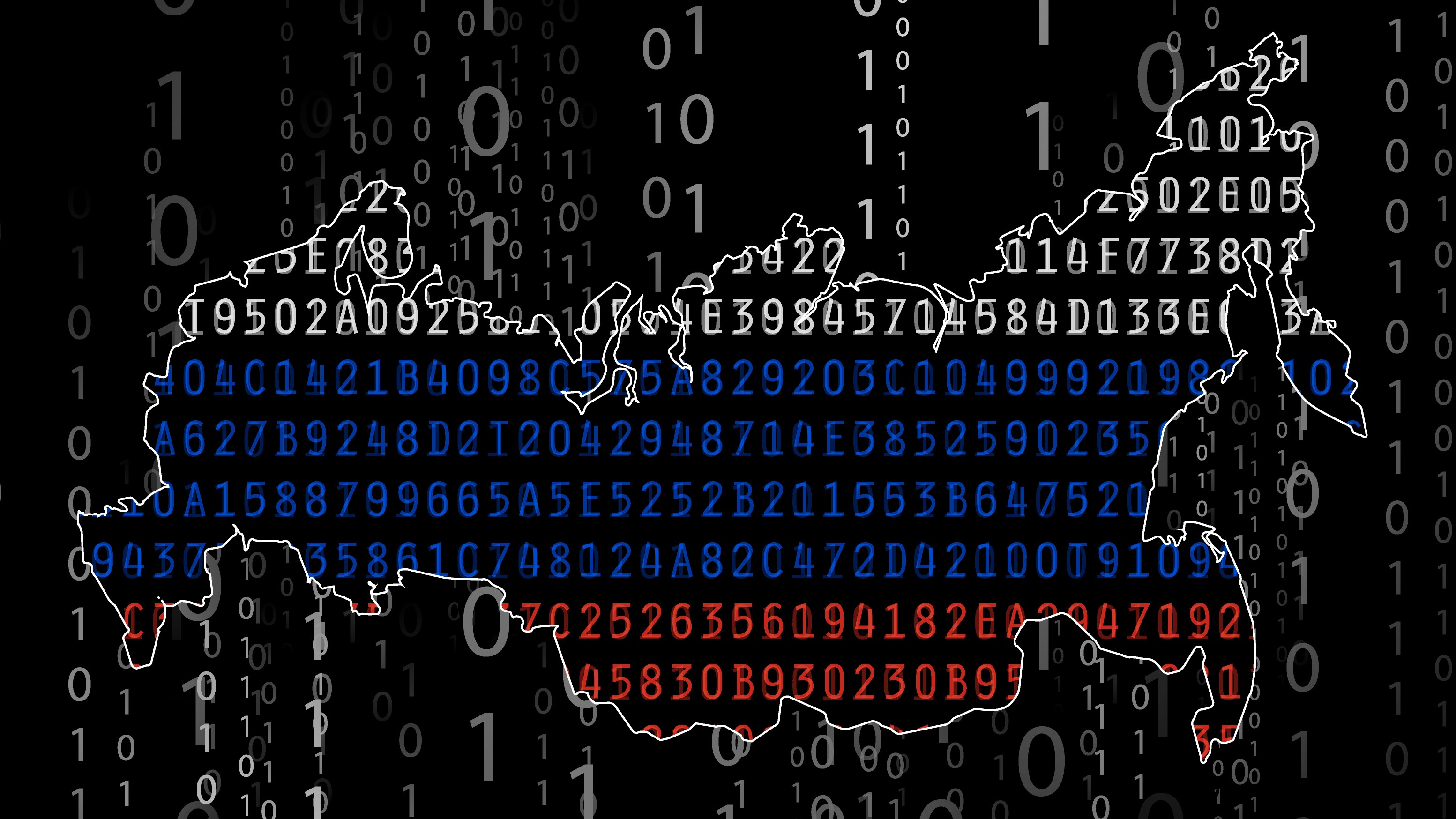You now need a VPN to keep using YouTube in Russia
It was the last Western social media platform still available

Sign up for breaking news, reviews, opinion, top tech deals, and more.
You are now subscribed
Your newsletter sign-up was successful
After weeks of rumors, it's now official: YouTube, the last Western social media platform still available in Russia, has reportedly stopped working.
This means that people in the country now need to use on the best VPN apps to keep accessing the platform.
Counting over 93 million users across the country, YouTube became a target of the Kremlin earlier in July when authorities began throttling and slowing down access to the video-sharing platform.
YouTube has completely stopped working in Russia.Thousands of users have reported that they can’t watch any videos or access YouTube’s site. pic.twitter.com/wrqU44CM0FAugust 8, 2024
Russian independent news outlet Meduza already reported at that time about plans to "permanently block" YouTube in September. However, it now looks like Russian censors have been moving faster than was originally planned.
"Thousands of users have reported that they can’t watch any videos or access YouTube’s site," tweeted Meduza on August 8, 2024 (see tweet above).
UK-based internet watchdog NetBlocks also confirmed a "sudden marked reduction" in traffic starting from Thursday morning.
How to unblock YouTube in Russia
While the internet in Russia gets increasingly restricted, there are still some workarounds you can use to bypass blocks - with the most popular being VPN software.
A virtual private network (VPN) is security software that encrypts your internet connections to boost online privacy. However, at the same time, it also spoofs your real IP address to trick your internet service provider (ISP) into thinking you're browsing from a completely different country in no time. The latter skill is exactly what you need to bypass government-imposed throttling and other geo-restrictions.
All you need to do is then sign up for your chosen service, download the app on your device, and connect to one of its servers located in a country free of online restrictions.
It's worth noting, though, that Russian censors are also quite active in preventing citizens from using these circumvention tools. Russia VPNs have been the target of censorship campaigns for many years, in fact, with a new law enforced in March now criminalizing the spread of information about ways to circumvent internet restrictions.
Worse still, about 25 popular VPN apps disappeared from the country's Apple App Store in July. Experts fear that the Google Play Store might soon become the next target.

Yet, despite it becoming more challenging to download a VPN app, there are still some ways to evade restrictions.
For starters, I suggest downloading as many VPN apps as possible. By doing this you'll be able to hop from one service to another in case of blocks. I recommend looking at our dedicated guide on the best free VPN services on the market to get the most secure freebies out there.
Russian digital rights group, Roskomsvoboda, has even developed its own VPN product, Amnezia Free, on which you can also set up on your own server as a self-hosted VPN.
VPNs aren't the only solutions, either. So, if you're struggling to make your service work, I recommend using Tor Browser instead. Bear in mind that Tor reroutes your internet traffic through at least three encryption layers while spoofing your IP location, meaning that it might slow down your connection. FreeBrowser is another tool like Tor but for Android devices only.
We test and review VPN services in the context of legal recreational uses. For example:
1. Accessing a service from another country (subject to the terms and conditions of that service).
2. Protecting your online security and strengthening your online privacy when abroad.
We do not support or condone the illegal or malicious use of VPN services. Consuming pirated content that is paid-for is neither endorsed nor approved by Future Publishing.

Chiara is a multimedia journalist committed to covering stories to help promote the rights and denounce the abuses of the digital side of life – wherever cybersecurity, markets, and politics tangle up. She believes an open, uncensored, and private internet is a basic human need and wants to use her knowledge of VPNs to help readers take back control. She writes news, interviews, and analysis on data privacy, online censorship, digital rights, tech policies, and security software, with a special focus on VPNs, for TechRadar and TechRadar Pro. Got a story, tip-off, or something tech-interesting to say? Reach out to chiara.castro@futurenet.com